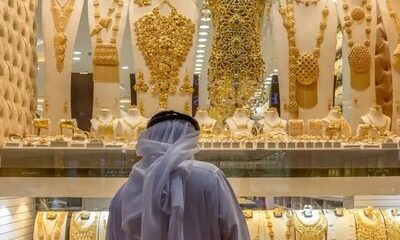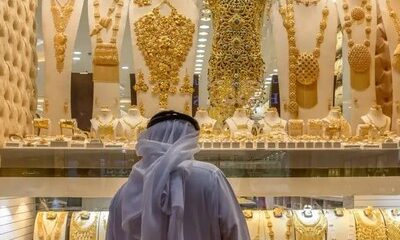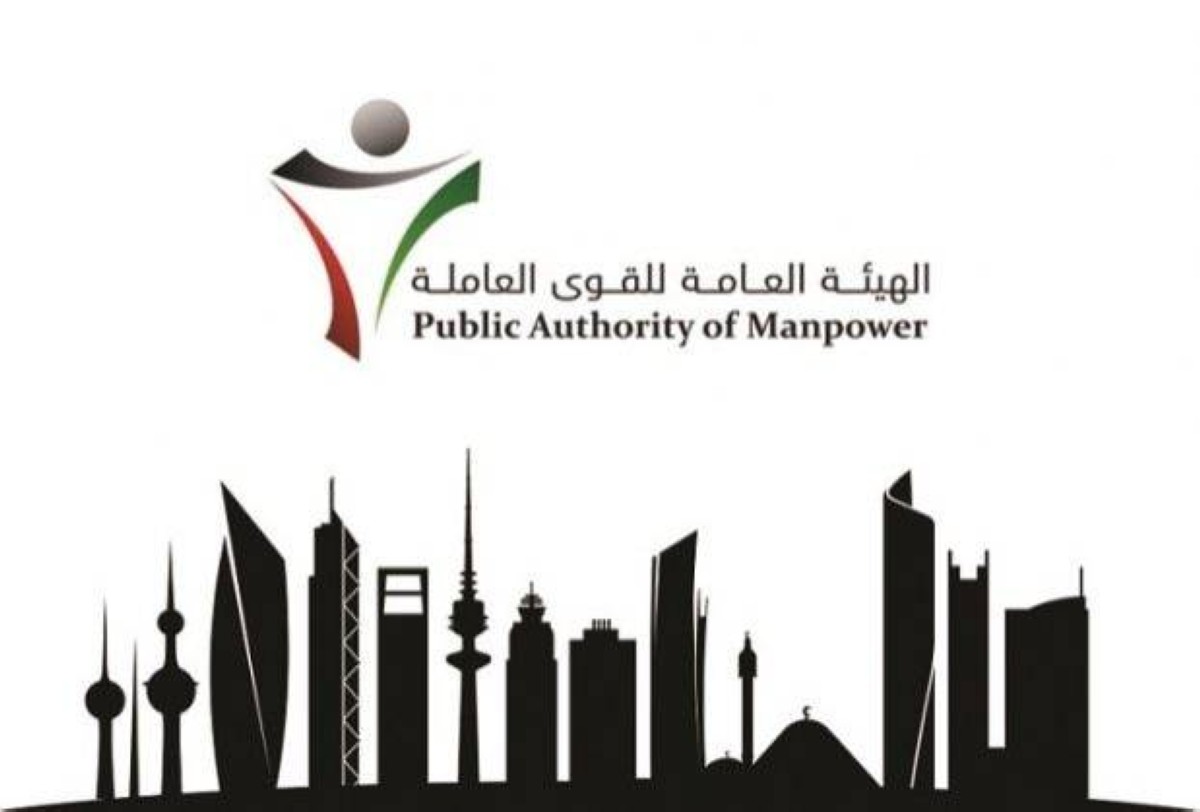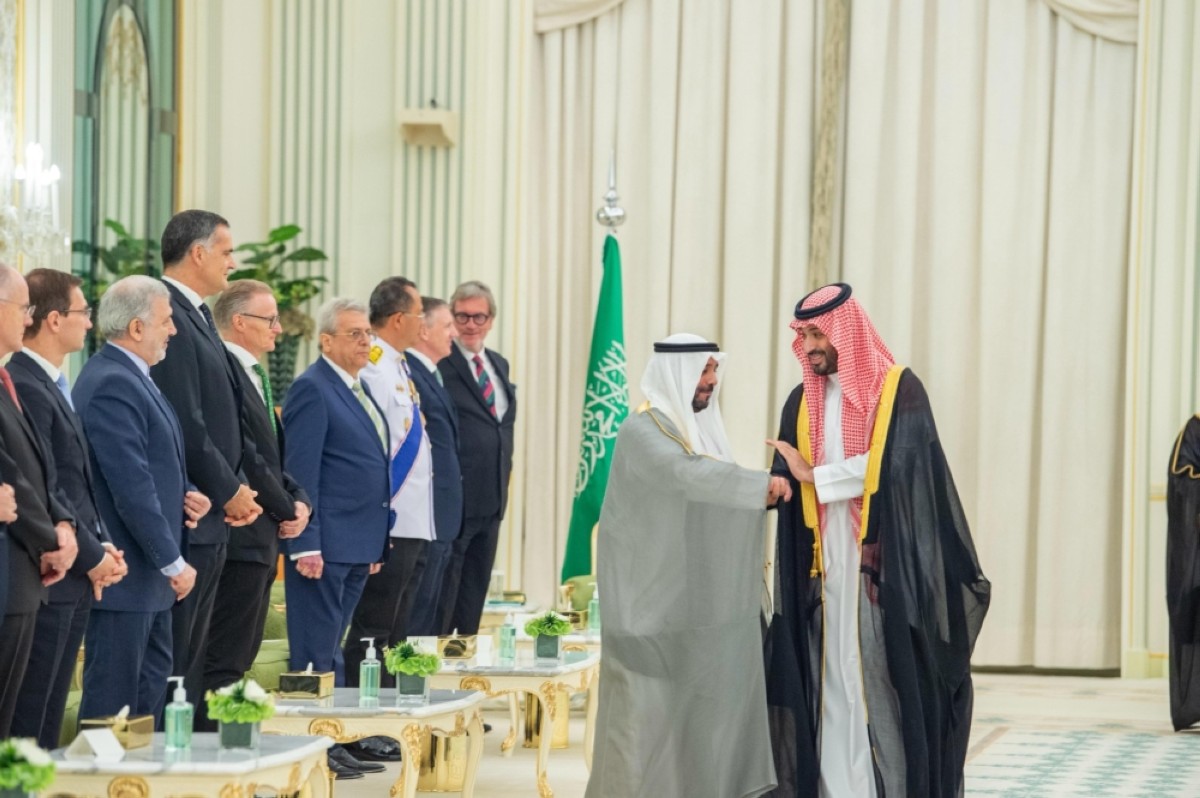KUWAIT: Gold prices soared to an all-time high of $3,022 per ounce at the close of last week’s trading, driven by persistent global economic and geopolitical uncertainties, alongside tempered expectations regarding US interest rates. A specialized report by Kuwaiti bullion company Dar Al-Sabayek, issued on Sunday, revealed that gold had briefly touched a historic peak of $3,057 per ounce in midweek trading before retreating slightly due to profit-taking by investors capitalizing on the unprecedented surge in the precious metal.
Despite the slight decline, the report highlighted that gold registered gains for the third consecutive week, climbing by 0.7 percent since the start of last week. The upward trend was largely attributed to market anticipation of a reduction in US interest rates in the near term. The report further noted that while the US Federal Reserve maintained interest rates at its most recent meeting, it signaled the possibility of two rate cuts this year, enhancing gold’s appeal as a safe-haven asset amid ongoing economic uncertainties.
Geopolitical tensions remained a key driver of demand for gold. The report cited the ongoing conflict in the Gaza Strip and missile strikes from Yemen targeting US warships in the Red Sea as major factors contributing to heightened investor interest in gold as a hedge against global instability. However, the strengthening of the US dollar index, which reached 104.06 points, exerted downward pressure on gold prices by increasing its cost for foreign investors.
Last week’s record-breaking levels underscored growing concerns over the future of the global economy and escalating political risks, prompting investors to increase gold purchases as a protective measure. The report also pointed to US trade policies under former President Donald Trump, particularly the imposition of tariffs under the “America First” strategy, as a continued source of uncertainty affecting global markets.
These policies have fueled trade tensions, unsettled financial markets, and further driven investors toward gold as a means of safeguarding their portfolios. Looking ahead, the report anticipates that geopolitical instability will remain a significant factor supporting gold prices in the short term, with ongoing military escalation in Gaza, the crisis in Ukraine, and tensions in the Red Sea contributing to regional volatility.
Forecasts suggest that gold prices could reach $3,500 per ounce by the end of the year, contingent on continued accommodative monetary policies in the US and a heightened risk of economic recession. Market participants are also closely monitoring key economic data releases this week, which could influence both gold prices and the US dollar’s trajectory. These include statements from Federal Reserve officials on monetary policy, personal income and spending figures, and the personal consumption expenditures price index.
On the local front, the Dar Al-Sabayek report noted that the price of 24-karat gold stood at KD 30.15 per gram (approximately $92), while 22-karat gold was priced at KD 27.54 per gram (around $84). Meanwhile, silver prices remained stable at KD 368 per kilogram (roughly $1,202). The report also clarified that an ounce, as a unit of measurement for precious metals, equals 31.103 grams, distinguishing it from its standard weight measurement of 28.349 grams. With continued economic and geopolitical uncertainty, gold remains a crucial asset for investors seeking stability amid volatile global conditions.- KUNA


 Politics17 hours ago
Politics17 hours ago
 Latest News22 hours ago
Latest News22 hours ago
 Latest News24 hours ago
Latest News24 hours ago
 Latest News15 hours ago
Latest News15 hours ago
 Politics14 hours ago
Politics14 hours ago
 Politics15 hours ago
Politics15 hours ago
 Latest News14 hours ago
Latest News14 hours ago
 Politics13 hours ago
Politics13 hours ago





















